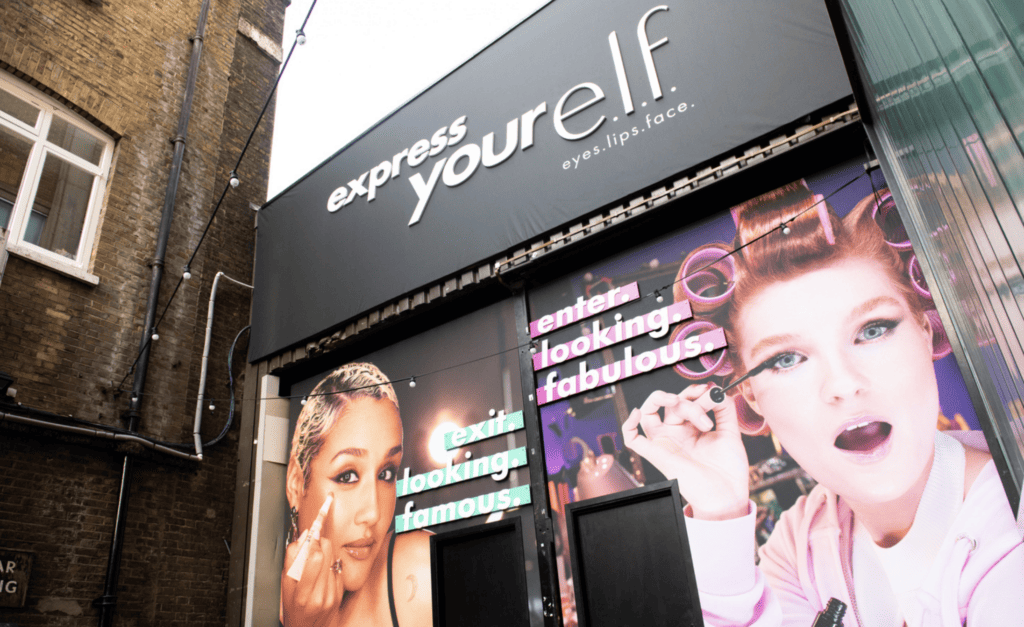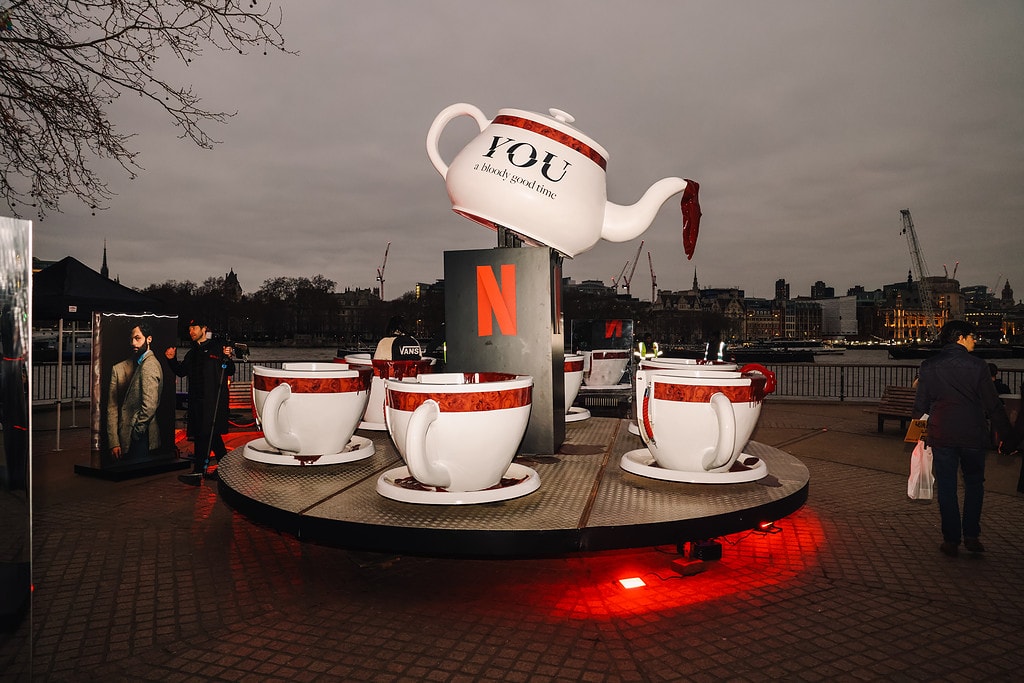In the fast-paced world of marketing, traditional methods are being challenged by innovative strategies that captivate audiences and leave a lasting impression. One such strategy that has gained immense popularity in recent years is experiential events. In this blog post, we will explore the concept of experiential events, showcase five examples of outstanding brand experiences, discuss why experiential events are beneficial for brands, and provide insights on how to execute a successful experiential event.
What are Experiential Events?
Experiential events, often referred to as immersive events or live marketing experiences, are carefully crafted events that allow brands to engage with their audience on a personal level. These events go beyond traditional marketing methods by creating memorable and meaningful interactions that evoke emotions and leave a lasting impression on attendees. Experiential events aim to immerse participants in a unique experience that resonates with the brand’s values and message, creating a strong connection between the brand and its audience.
5 Examples of Great Brand Experiences


Netflix: You | Twisted Tea Cups

Why Experiential Events Would Benefit Your Brand
Experiential events offer several key benefits for brands:
- Creating Emotional Connections: Experiential events evoke emotions and create memorable experiences, fostering a strong emotional connection between the brand and the audience.
- Increasing Brand Loyalty: When customers have a positive and memorable experience with a brand, they are more likely to become loyal customers, leading to increased customer retention and brand advocacy.
- Boosting Brand Awareness: Unique and immersive experiences often generate buzz on social media and traditional media channels, increasing brand visibility and attracting new customers.
- Encouraging Consumer Engagement: Experiential events encourage active participation and engagement, allowing brands to receive real-time feedback, understand customer preferences, and tailor their offerings accordingly.
- Differentiating From Competitors: In a crowded market, brands need to stand out. Experiential events offer a unique way to differentiate from competitors by creating memorable and distinctive brand experiences.
How to Execute an Experiential Event
Executing a successful experiential event requires careful planning and attention to detail. Here are some key steps to consider:
- Define Your Objectives: Clearly outline the goals and objectives of your event. Whether it’s increasing brand awareness, launching a new product, or fostering customer loyalty, having clear objectives will guide your event planning process.
- Understand Your Audience: Know your target audience inside out. Understand their preferences, interests, and behaviours to create an experience that resonates with them on a personal level.
- Partner with a Production Agency: The skill and expertise of a good production partner cannot be undervalued. Here at Sketch, we have over 15 years of experience bringing experiential events to life, for some of the world’s leading brands and agencies! If you’ve got an experiential idea you want to execute, reach out through our contact form or call us on 01273 749000. We’d love to help!
